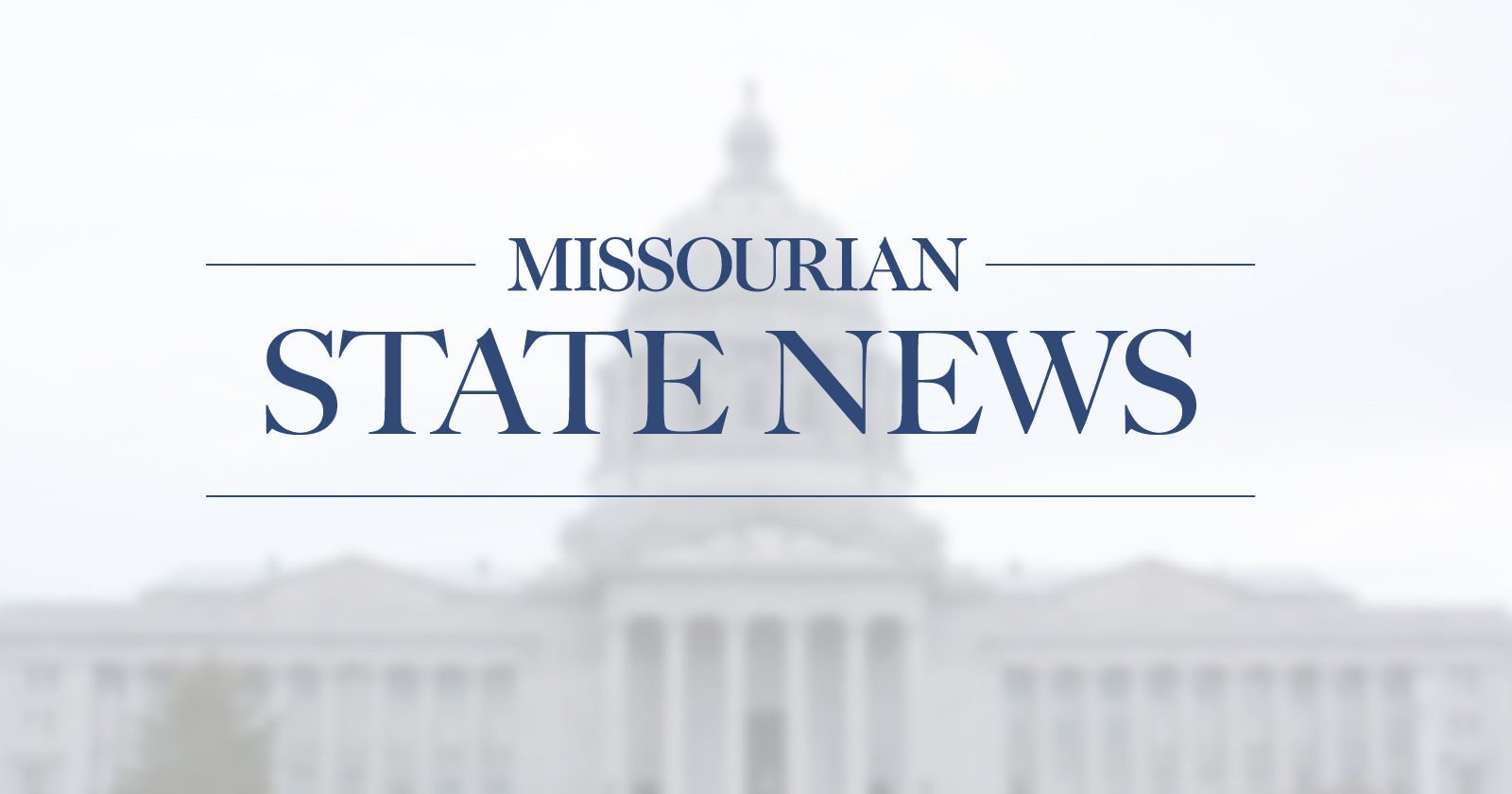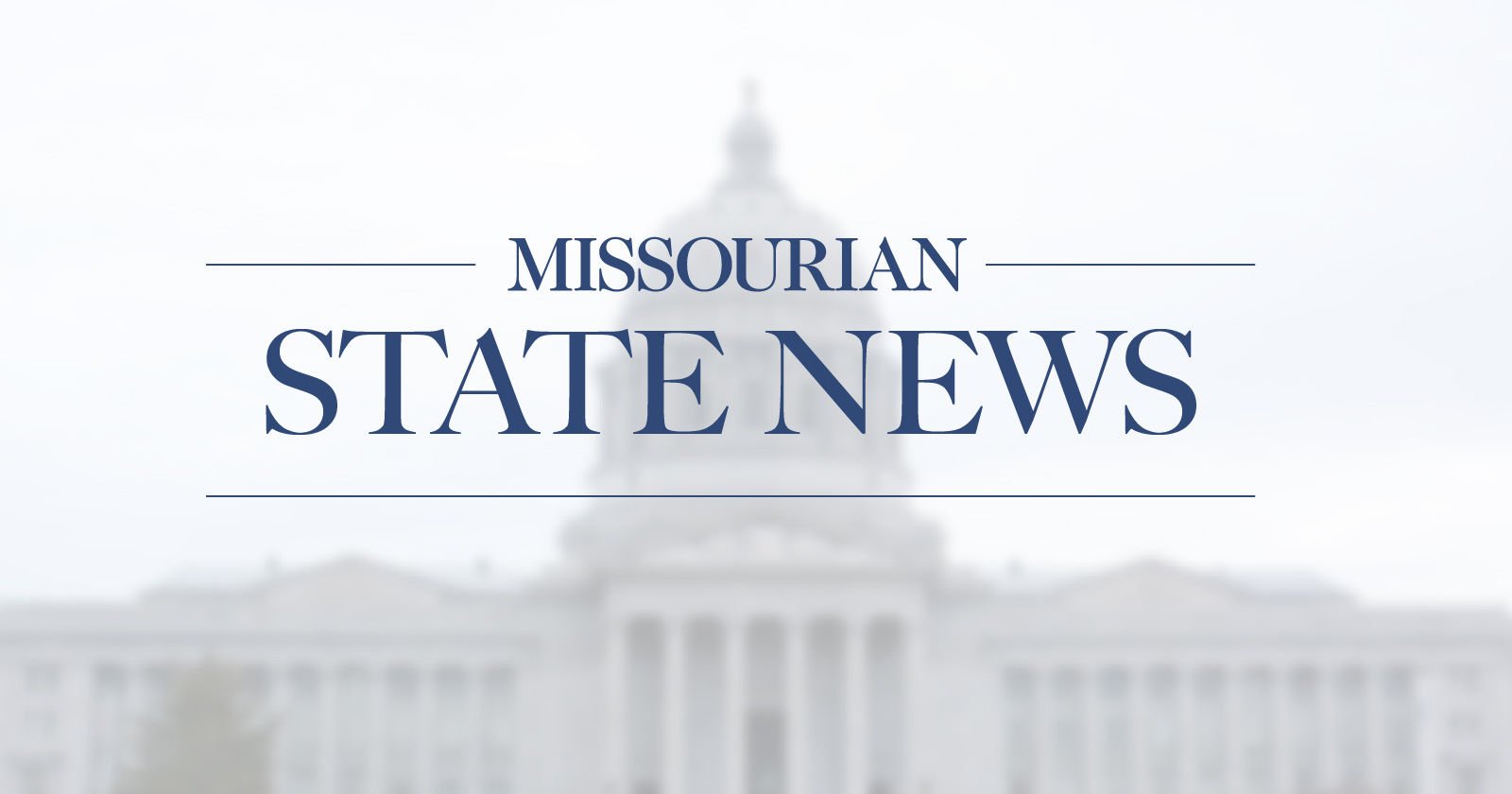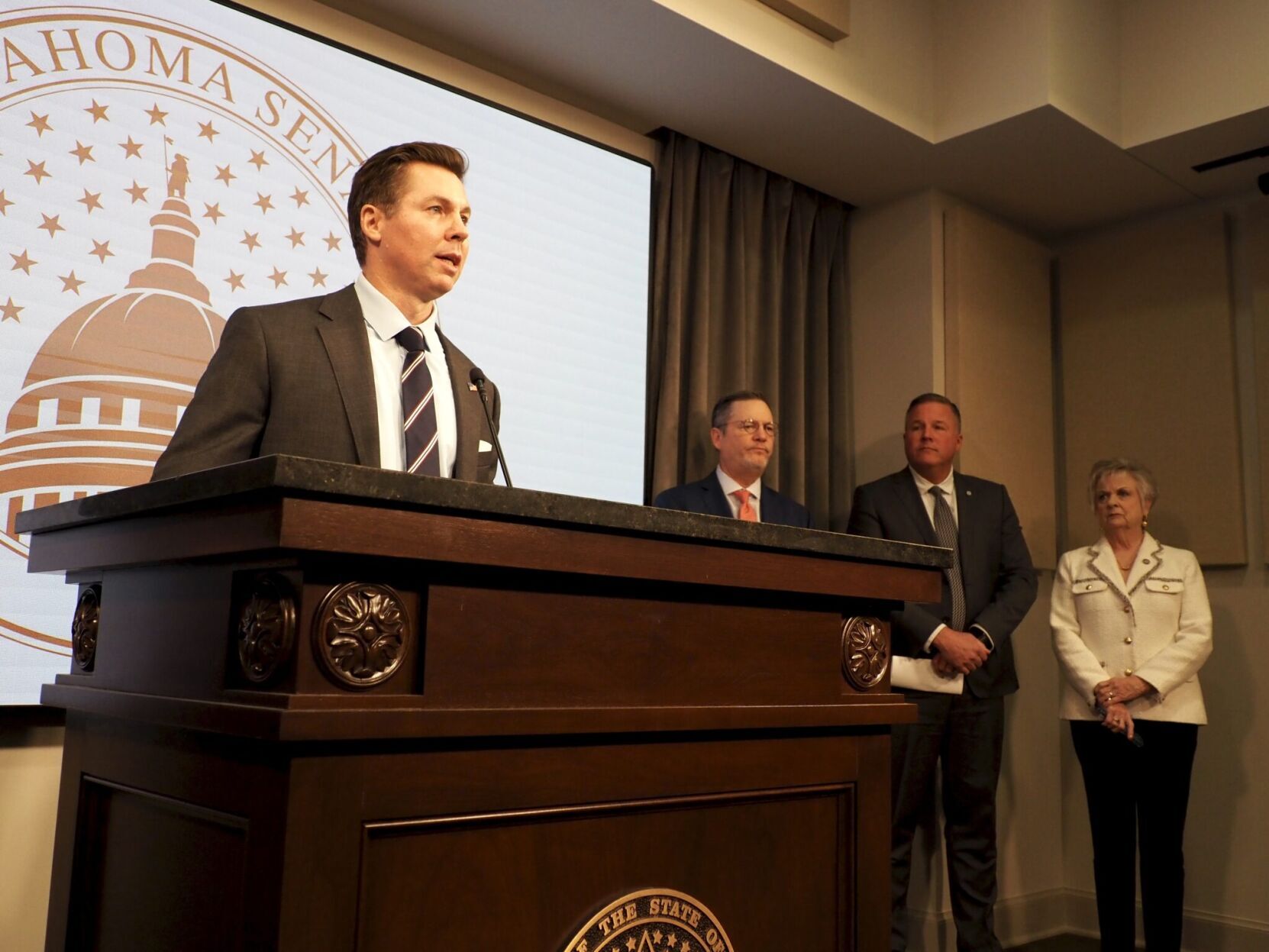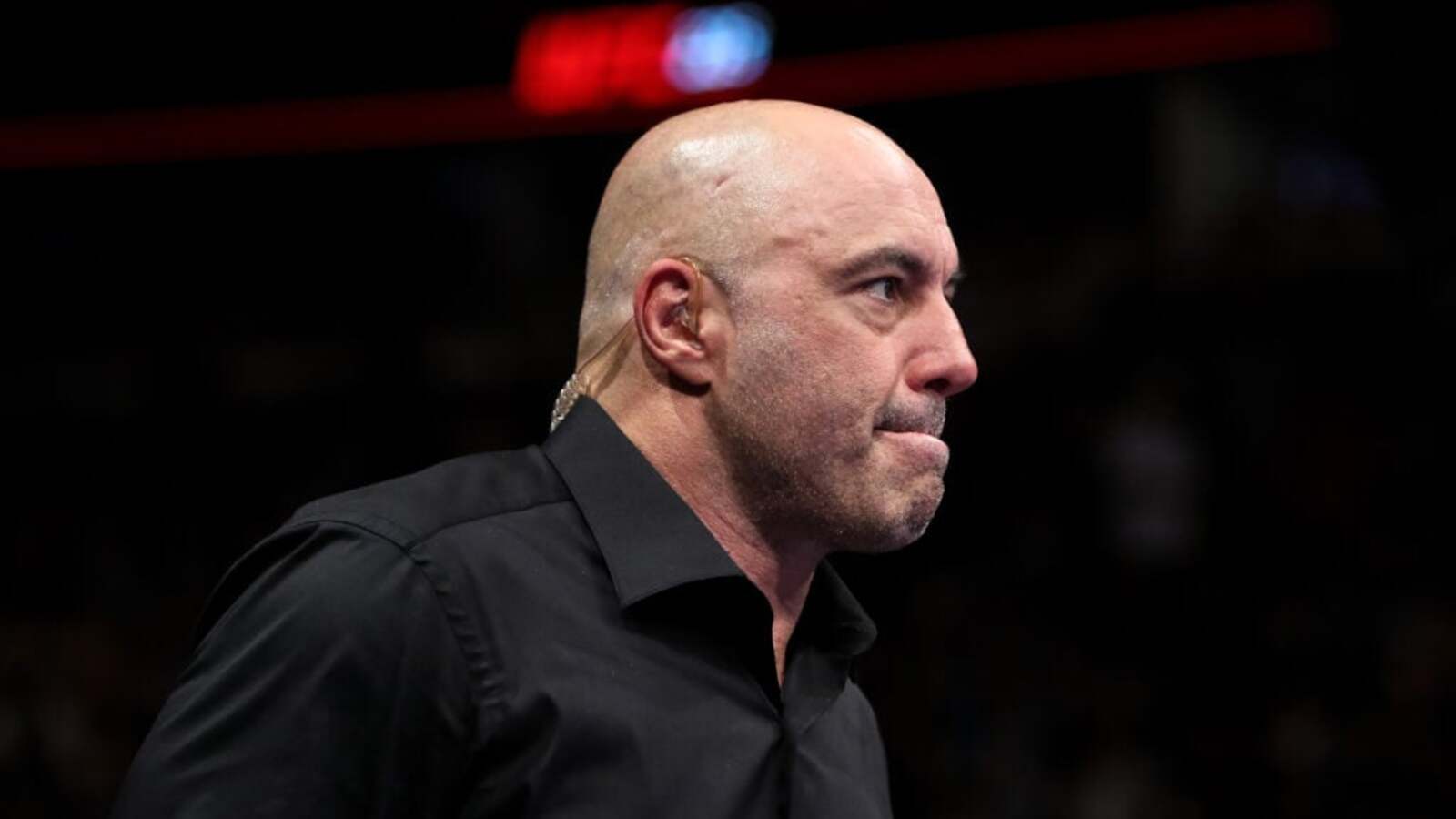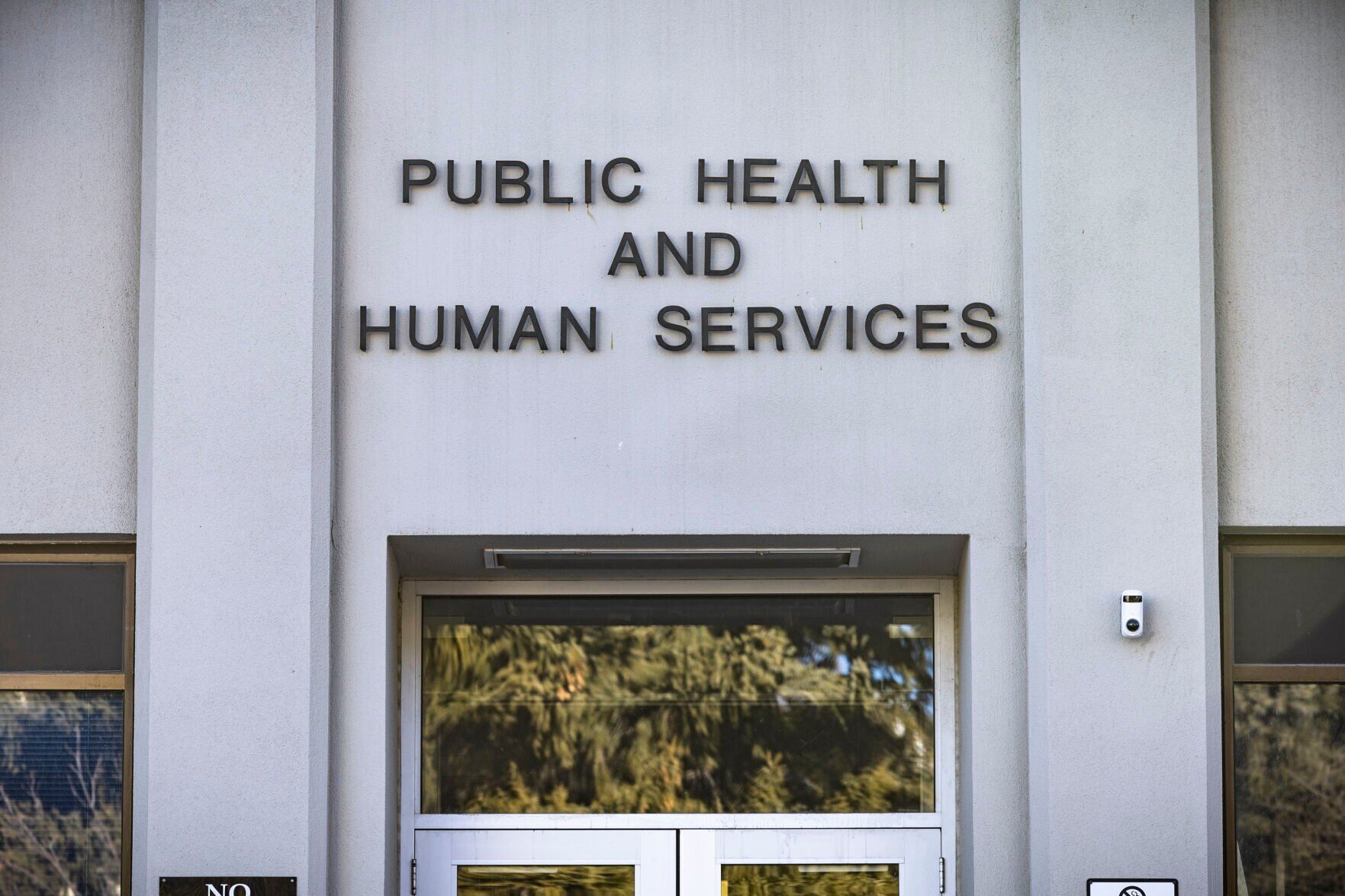New polls indicate that while a majority of Americans favor vaccination requirements, one in six parents is rejecting standard immunization schedules. Health professionals warn that postponing children’s shots can increase both personal and public health risks, emphasizing the need for reliable, data-driven guidance.
Delaying your child’s shots? Here’s why professionals say it’s a bad idea. – The Washington Post
Key Takeaways:
- Some parents are delaying or rejecting the standard vaccine schedule
- Most Americans support an MMR vaccine requirement in public schools
- A KFF-Washington Post survey shows confusion about childhood vaccines
- Despite rising anti-vaccine rhetoric, broad support for mandates remains
- Professionals caution that delaying vaccines poses serious health risks
The Rising Concern Over Delayed Vaccinations
Recent reports have highlighted a growing trend among certain parents who are postponing their children’s vaccinations—or opting out altogether. According to newly released survey data, one in six American parents is rejecting the standard vaccine schedule, a decision health professionals caution against.
What the Surveys Reveal
Multiple sources, including the Annenberg School for Communication and the KFF-Washington Post survey, paint a complex picture:
• Most Americans still favor an MMR vaccine requirement for public schools.
• A vocal minority, however, expresses distrust or confusion about childhood vaccines.
• Despite these varying viewpoints, data show that anti-vaccine sentiment is growing louder in some circles.
Expert Perspectives
Why do doctors and other health professionals say delaying childhood shots is a “bad idea”? Professionals note that late vaccinations can leave children vulnerable to preventable illnesses and undermine herd immunity. Although these experts do not dismiss parental concerns outright, they urge families to rely on scientifically supported data when making healthcare decisions for their children.
The Public’s Viewpoint
Other polls reinforce the notion that most Americans still stand behind the necessity of vaccines, even while anti-vaccine rhetoric escalates. Lay skepticism tends to arise from misinformation or mixed messaging, yet the overall consensus remains that routine immunizations are essential parts of public health.
Looking Ahead
As discussions surrounding vaccine mandates continue, many families find themselves weighed down by conflicting news. Still, the central message from major polls and public health authorities is consistent: sticking to childhood vaccine schedules offers both individual and societal benefits. For parents caught between different narratives, turning to reputable sources and medical experts remains crucial for making informed choices.
